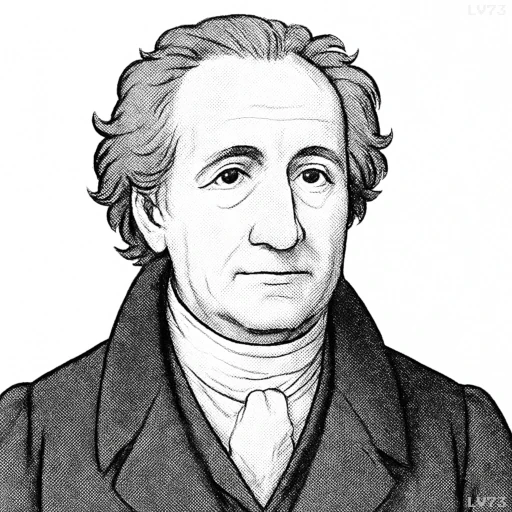“A person hears only what they understand.”

- August 28, 1749 – March 22, 1832
- German
- Poet, playwright, novelist, philosopher, politician
table of contents
Quote
“A person hears only what they understand.”
Explanation
Goethe suggests that our ability to perceive and comprehend is limited by our own understanding and preconceptions. We may hear words or information, but we can only truly absorb and process what aligns with our own knowledge, experience, and perspective. If we do not fully understand a subject, concept, or situation, we may only grasp parts of it or misinterpret its meaning. In other words, our comprehension shapes what we actually “hear,” making our perception subjective and influenced by our existing mental frameworks.
Historically, this idea reflects Goethe’s interest in the limits of human perception and understanding. During the Enlightenment and Romantic periods, thinkers explored the relationship between the individual and the world, often discussing how personal biases, beliefs, and experiences shape our ability to truly understand reality. Goethe, himself deeply involved in philosophy and the sciences, recognized that a person’s interpretation of the world is often shaped by what they already know or believe.
In modern contexts, this idea resonates with the concept of cognitive biases in psychology, where individuals tend to filter information based on their existing beliefs, values, or experiences. For instance, when we listen to news or a new idea, we often interpret or assess it through the lens of what we already know or feel. This can create confirmation bias, where we only “hear” what supports our existing beliefs and ignore information that challenges them. Similarly, in communication or relationships, a person might only hear or understand parts of what someone else says, depending on their emotional state or mental clarity at the time.
Goethe’s words remind us that understanding shapes our perception and interpretation of the world. True listening and learning require us to step beyond our own limited understanding and be open to hearing things that challenge or expand our current perspective. Only then can we begin to truly comprehend what others are trying to convey and the world around us.
Would you like to share your impressions or related stories about this quote in the comments section?



